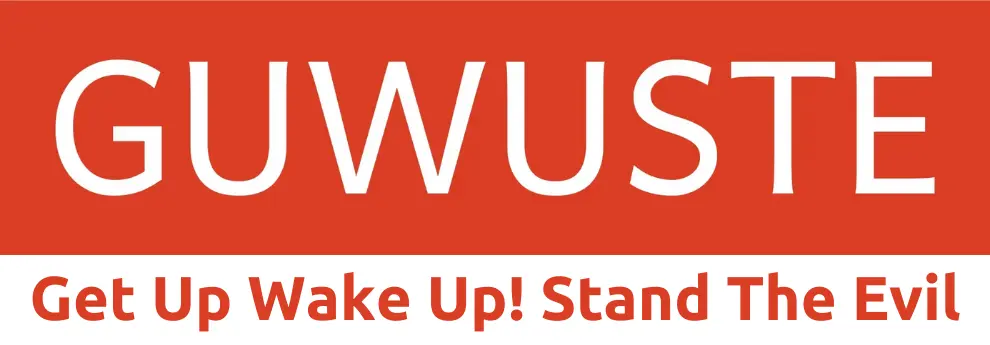Economic Chaos: High Interest Rates, Turkey and BRICS
20 Jun 2024
- Share:

Economic Chaos: High Interest Rates, Turkey and BRICS
With economic uncertainty and high interest rates, what does BRICS mean for Turkey and the world?
On June 12, the US Federal Reserve announced that it would keep interest rates unchanged between 5.25% and 5.50%. This is the seventh consecutive time that interest rates have been kept at this level and the highest level in the last quarter of a century. This decision brought with it a series of worrying developments that had a profound impact on global economic balances and domestic monetary policies.
FED Decisions and Economic Uncertainty
The FED Governor stated that the decisions taken were unanimous and the targeted inflation rate was 2%. The US recorded inflation rates of 3.4% and 3.3% in April and May, respectively. However, these rates were not considered sufficient by the FED and it was emphasized that the economic outlook was still uncertain. Despite the strong economic activity, unemployment data was not fully satisfactory. Therefore, the FED kept interest rates unchanged and announced that it would continue to monitor the economy and cut interest rates when a steady improvement was detected. The FED's decisions created considerable uncertainty and anxiety in global markets. High interest rates reduce investors' willingness to take risks and slow economic growth. They also increase borrowing costs, negatively affecting consumer spending and business investment. This puts pressure on global economic growth and causes volatility in financial markets.
Monetary Policy Committee (MPC) and Interest Rates in Turkey
Last month, Turkey's Monetary Policy Committee (MPC) left the policy rate unchanged at 50%. This month's meeting will be held on June 27. In the previous meeting, it was stated that the underlying trend of inflation has slightly decreased. However, the gap between inflation expectations and forecasts is still not closed. The MPC announced that it will continue its tightening policy as long as this gap is not closed and that it will withdraw liquidity from the market by raising interest rates when necessary. It was also stated that there is a slowdown in loan demand due to high interest rates and that there will be no loan demand at these levels.
The decisions taken by the MPC have a significant impact on the Turkish economy. High interest rates negatively affect consumer spending and business investment, slowing economic growth. Moreover, high interest rates increase borrowing costs, putting financial stability at risk. This increases the vulnerability of the Turkish economy and further deepens economic uncertainties.
FED and MPC Synchronization
The MPC seems to have renewed or revised its position in line with the FED's statements. Since the global financial crisis, the FED's balance sheet has grown from $825-850 billion to $8.5-9 trillion. Likewise, the assets on the European Central Bank's balance sheet have grown from €800 billion to €7.5-8 trillion. This is a huge amount of money printing. Turkey's adjustment to these rates suggests two different approaches on how to synchronize the quantity: devalue the Turkish Lira at the cost of distorting the domestic market, and devalue the foreign currency or limit money printing.
The alignment of the FED and the MPC has a significant impact on global economic balances. The large increase in the FED's balance sheet increases global liquidity and causes volatility in financial markets. Turkey's harmonization with these rates puts economic stability at risk and increases financial vulnerabilities. This makes the Turkish economy more vulnerable to global economic fluctuations.
BRICS and the New Reserve Currency
With Russia assuming the BRICS presidency, issues such as a common currency, a new reserve currency and the use of digital currency as a measurement tool in stock exchanges have started to appear on the agenda. These are important developments for the FED. With the dollar and the euro synchronized, agreements on BRICS seem difficult. This disagreement could lead to world trade wars and conflicts.
BRICS' reserve currency initiatives are affecting the global economic balance. Efforts to create an alternative to the dominant position of the dollar and the euro could drastically change the global financial system. This could fuel global trade wars and economic conflicts. BRICS' actions put global economic stability at risk and create uncertainty in financial markets.
Conclusion and Recommendations
Given the current policies, we will have to pay the interest on these foreign currencies and risk exchange rate hikes to attract foreign currency. If we use domestic currency, we will also face this increased interest burden.
- What is the reason for incurring these additional costs?
It is essential that we clearly understand the debt-based monetary system. Without understanding this system, we cannot take advantage of the opportunities that present themselves. We have to choose between full integration with the West or turning to the East and integrating there. But to seize these opportunities, we need to understand the debt-based monetary system and know how to use it to our advantage. Otherwise, we will be limited to interpreting the statements of the FED and the MPC. We need to take concrete steps and come up with our own realistic solutions.
Prof. Dr. Mete GÜNDOĞAN
Guwuste com
Arise and warn! And stop the evil!
Visitors are welcome to use this article without permission, provided that they cite the source...
Article Author
Similar Content

Global Elites and Economic Systems
07 May 2024

Turkey's Dark Fate: Collapse Through Debt, Diplomacy, and Mind Control!
03 Sep 2025

The New Ottoman Public Debt Administration Shadow in Turkey: Anatomy of Collapse
20 Aug 2025

The Nightmare of Global Financial Militarism: On the Brink of the Abyss!
11 Sep 2025


